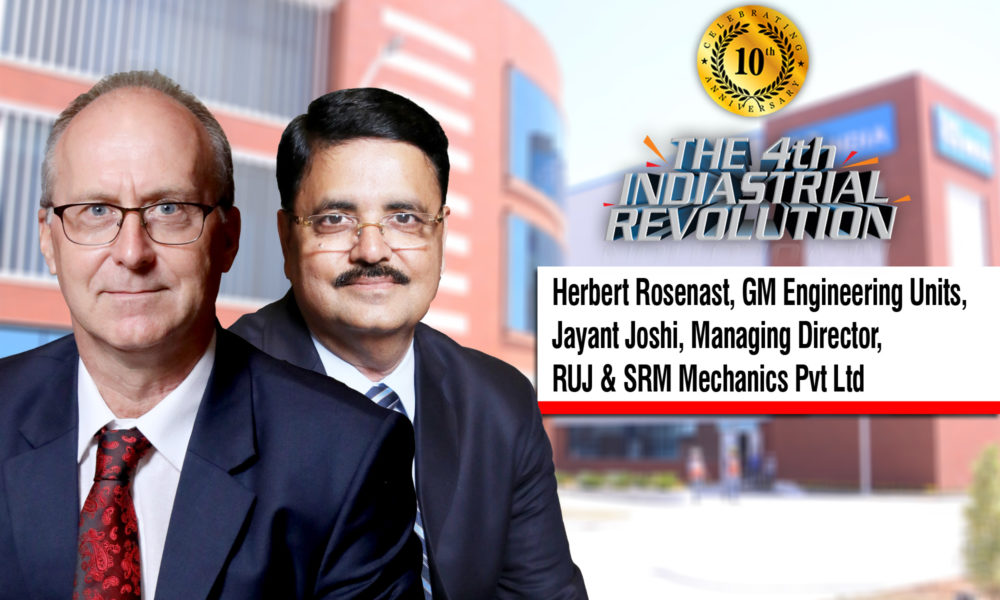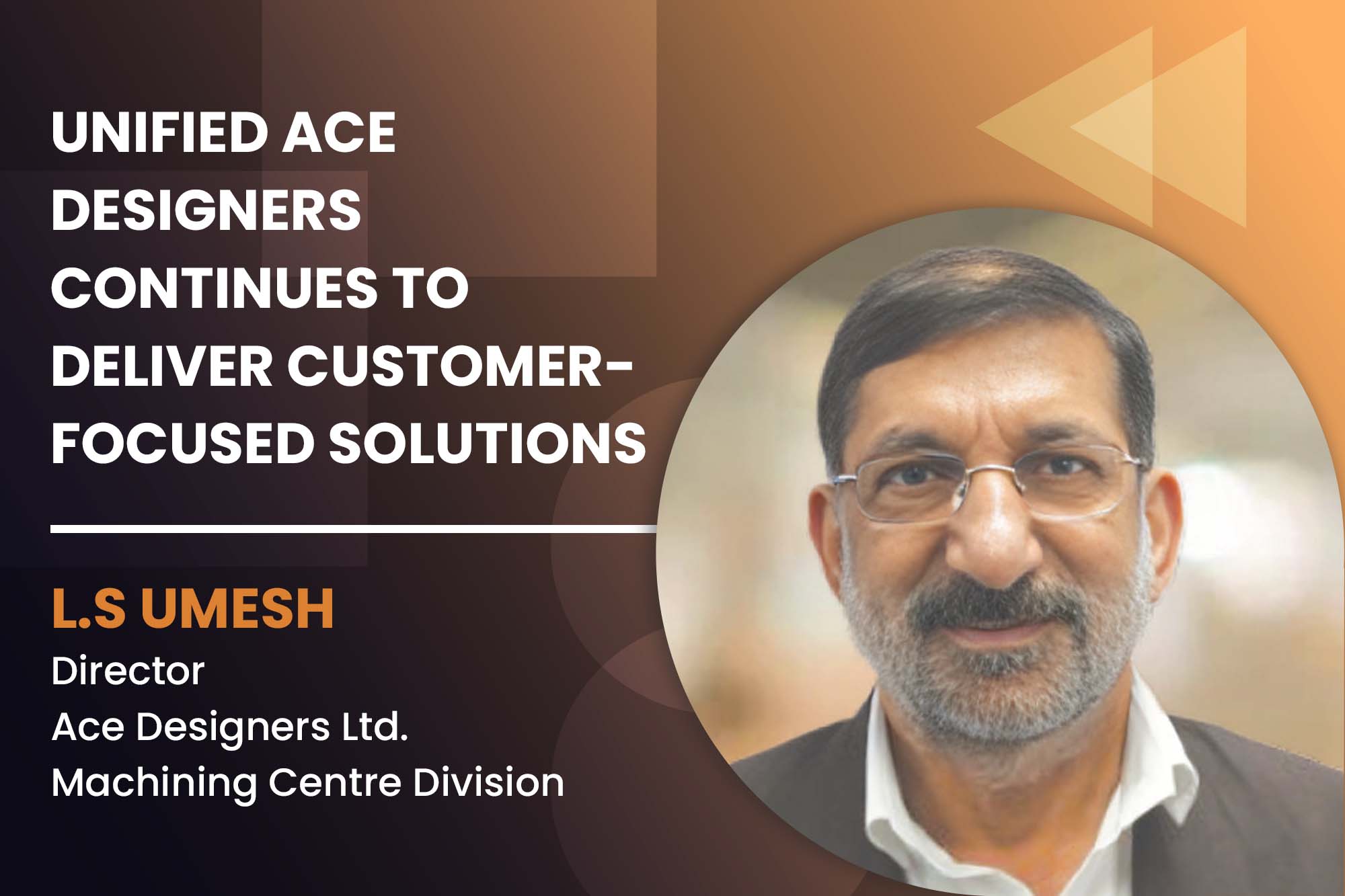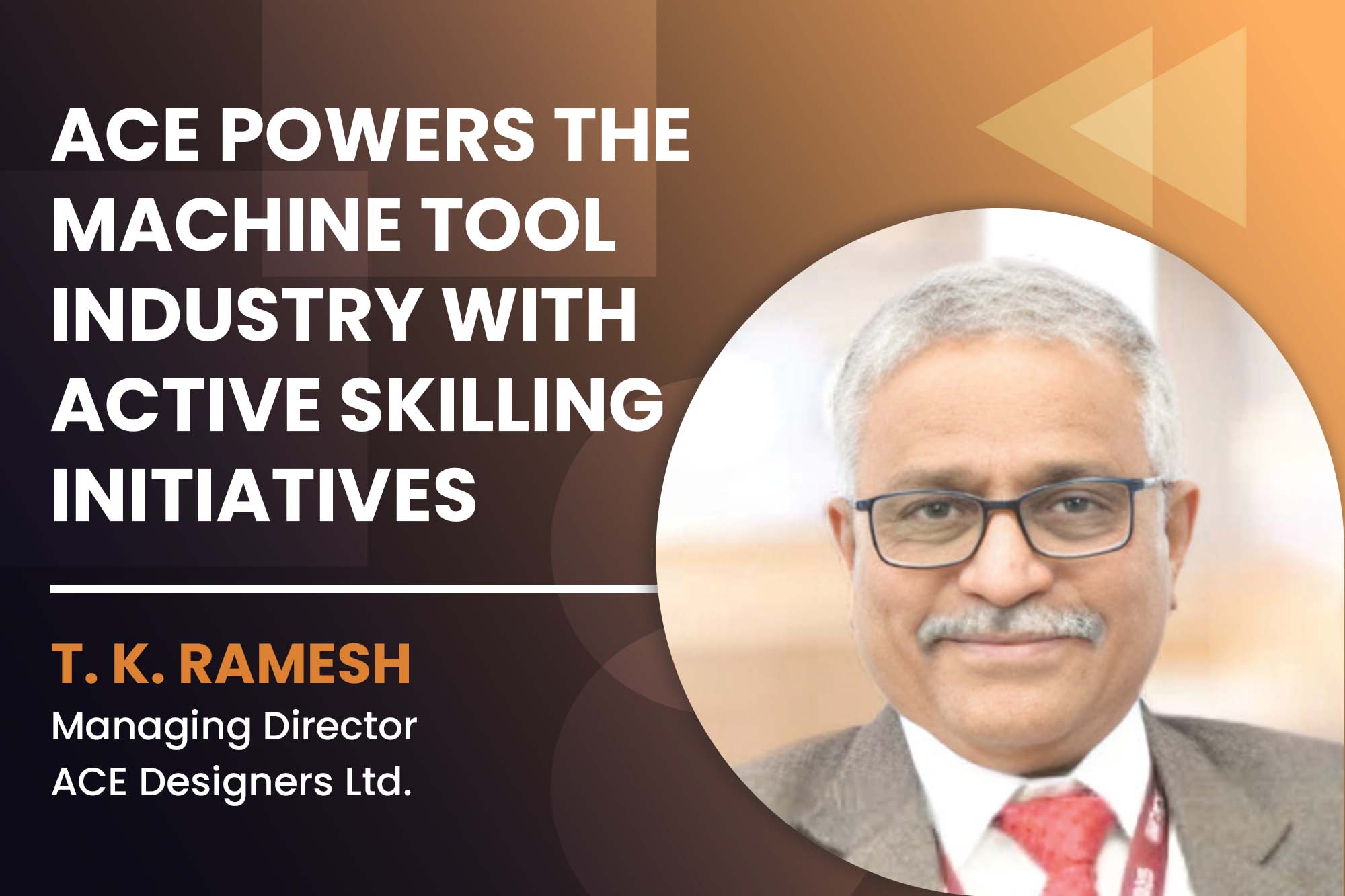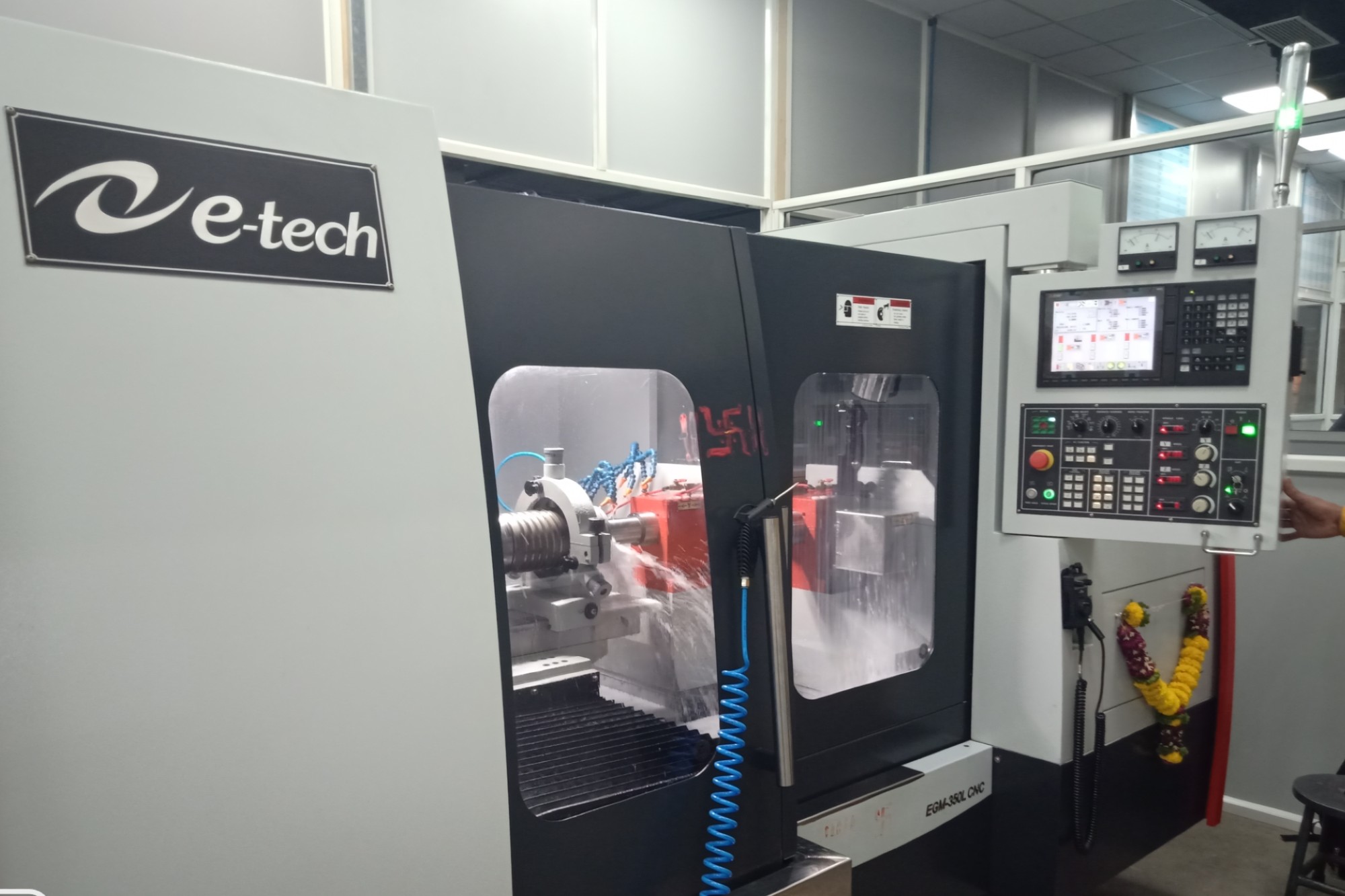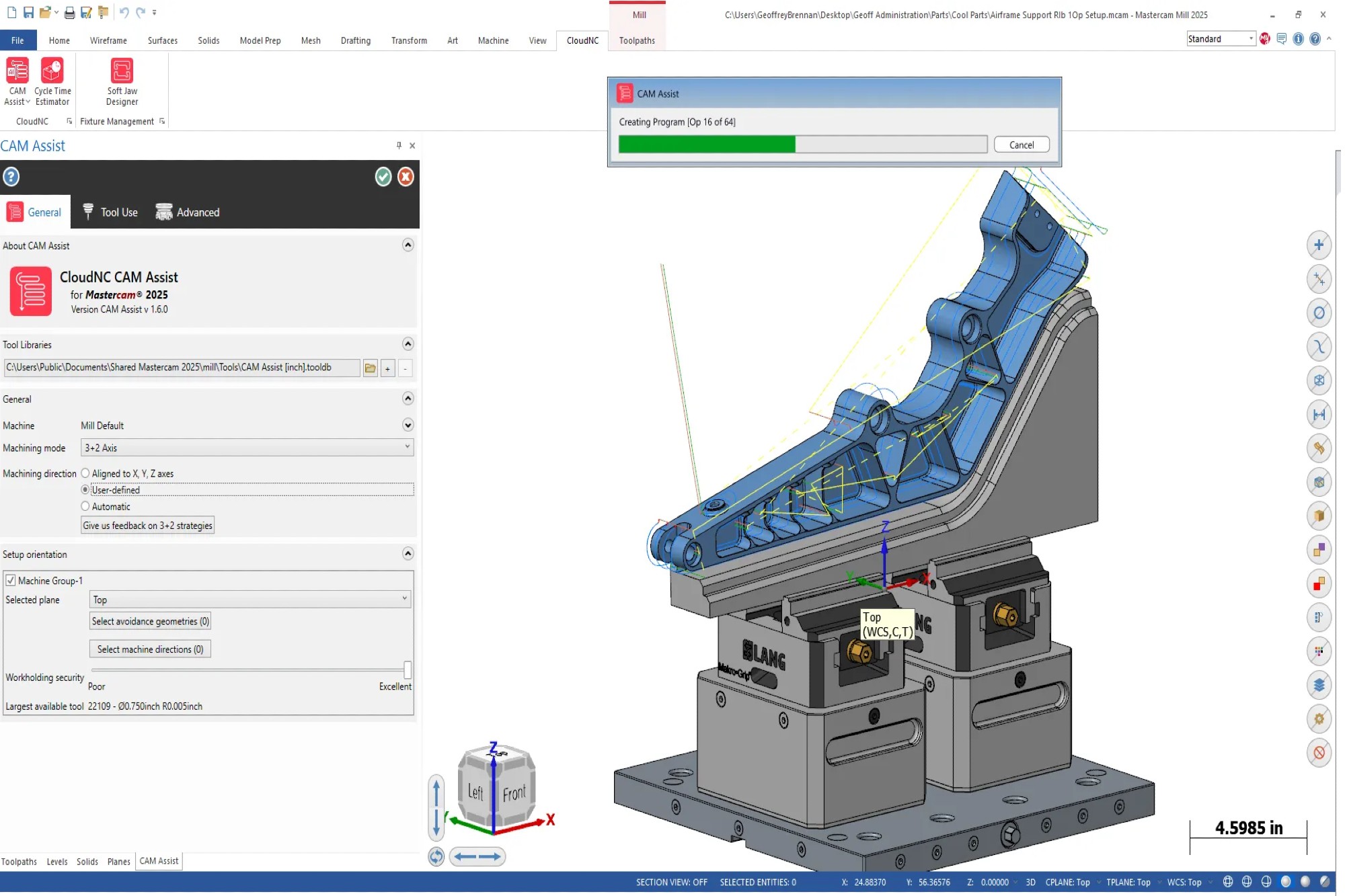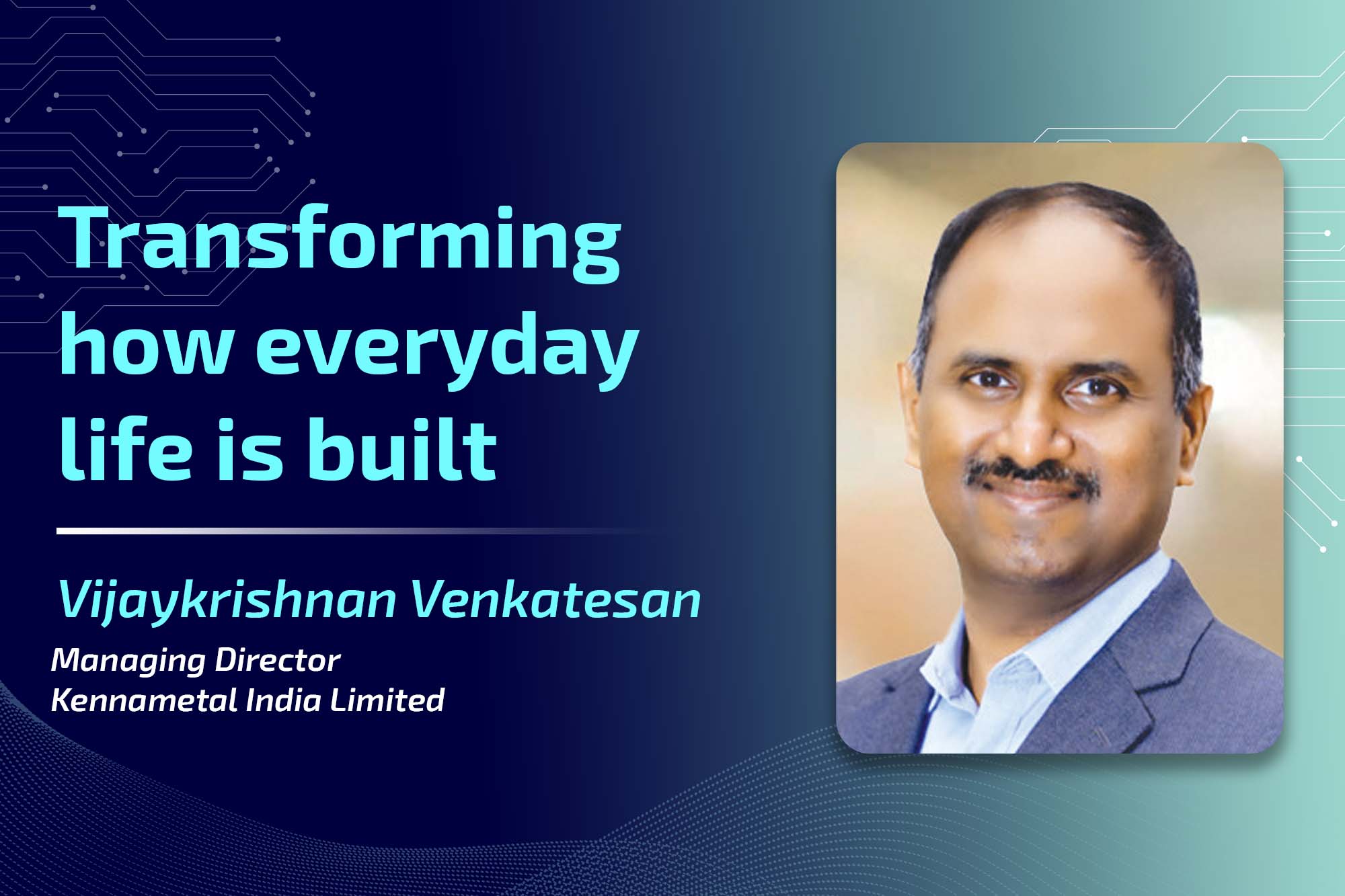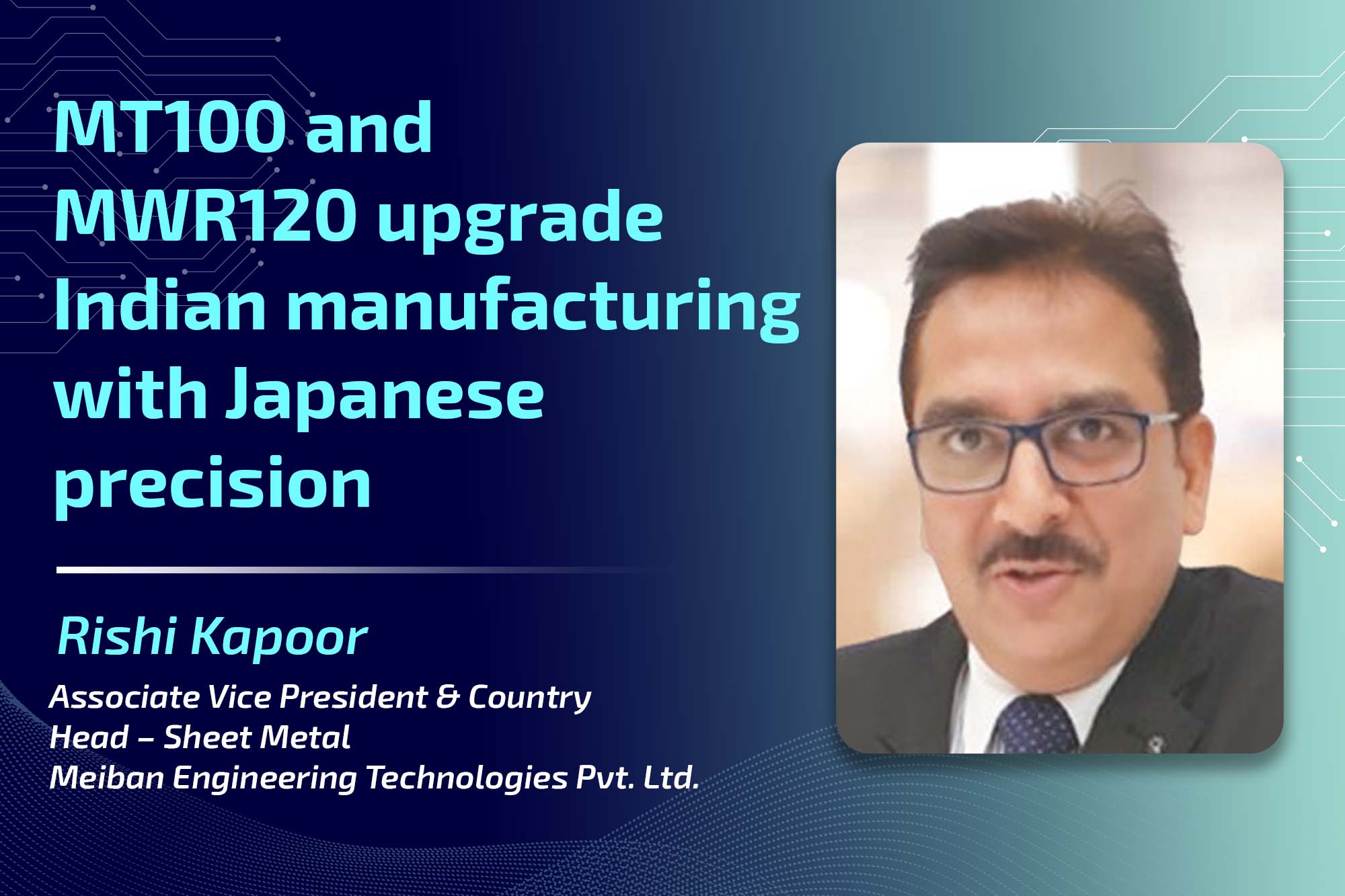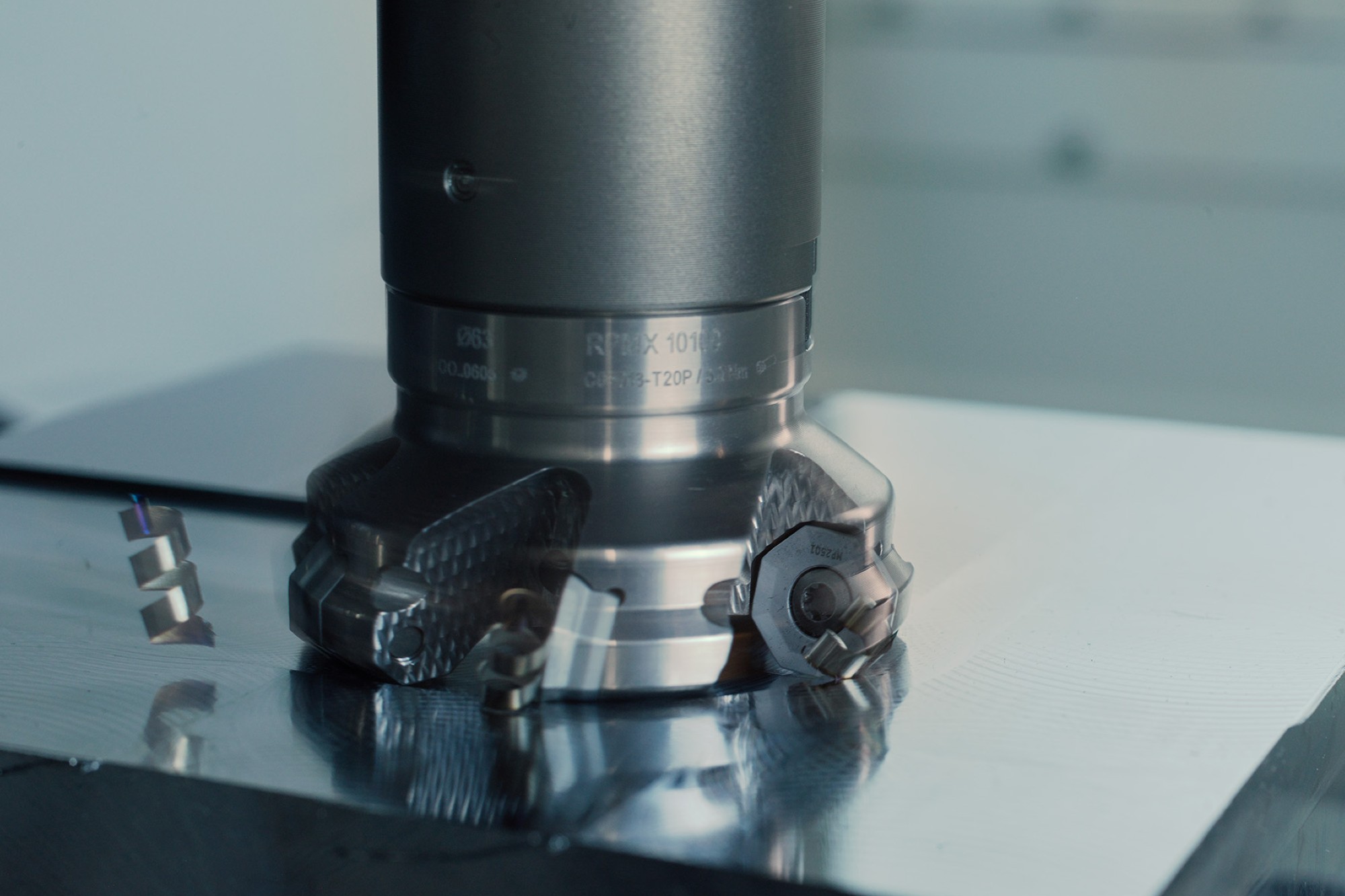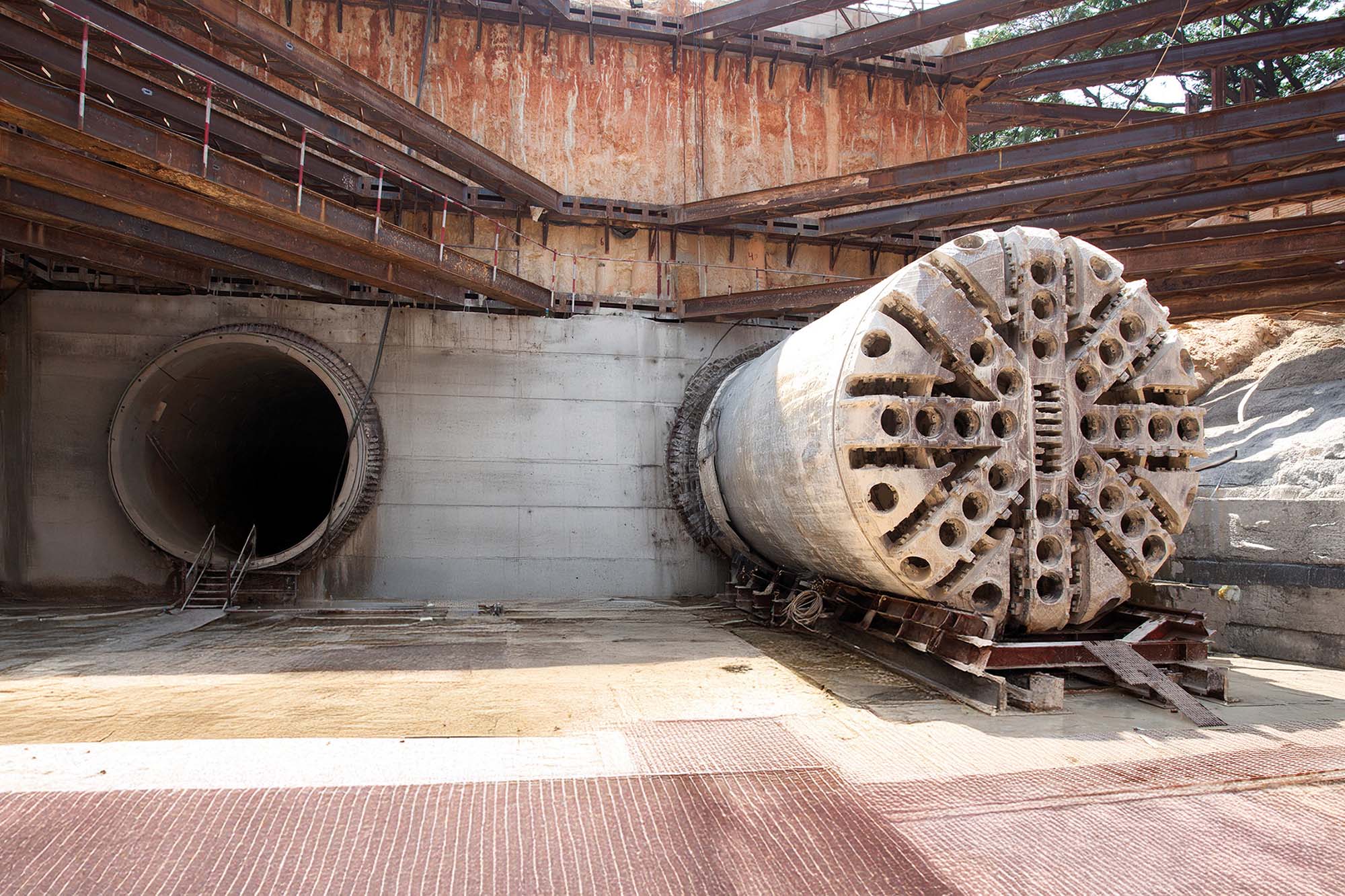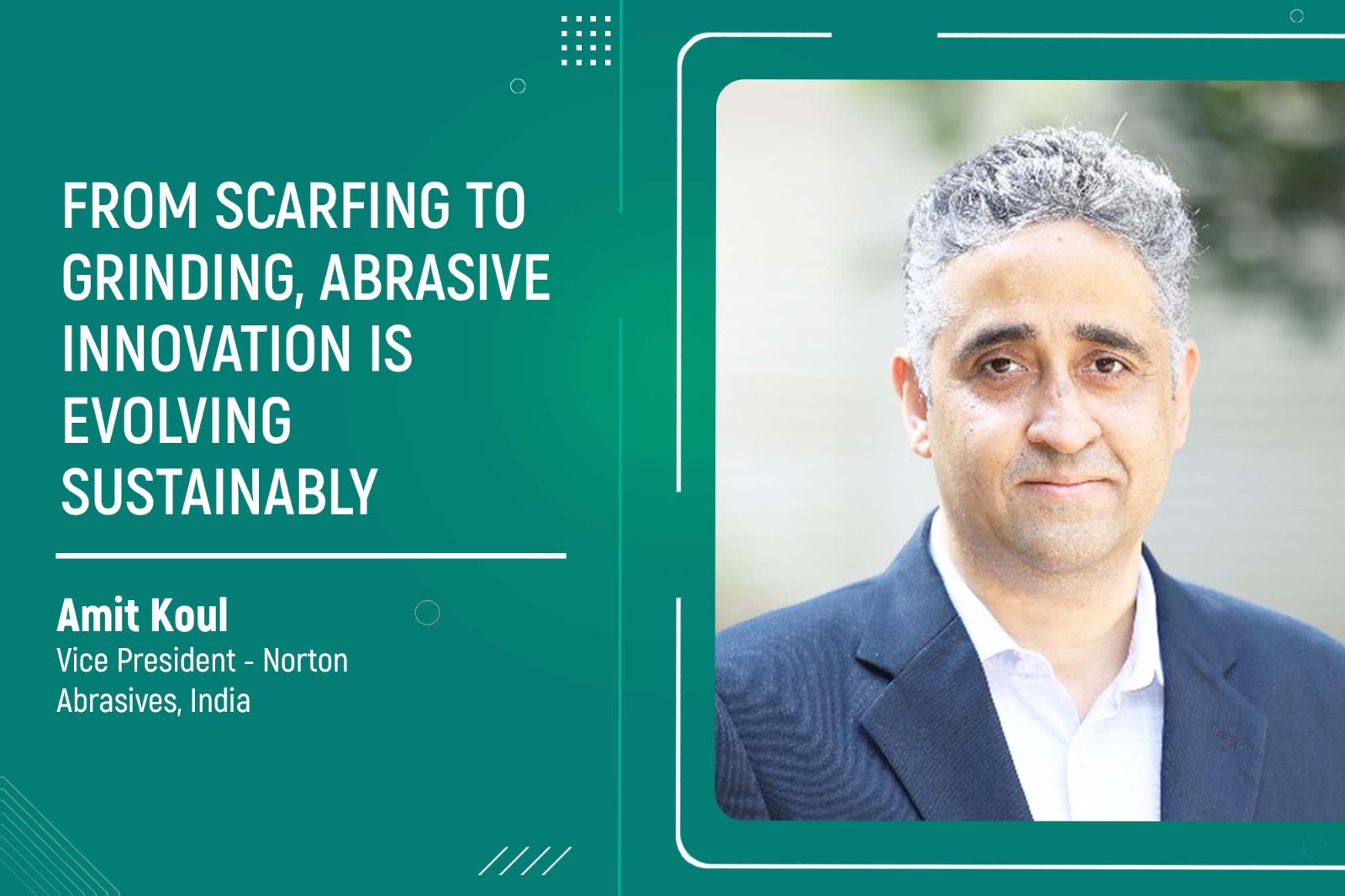Skill India: Undergoing a sea change
By OEM Update Editorial June 18, 2019 5:32 pm IST
Dr. Rajendra Kumar Joshi, Founder-Chairman, RUJ Group, being quite impressed with the Swiss precision manufacturing decided to bring in the same kind of futuristic technology to India. Thus, giving rise to RS India, a collaborative effort of RUJ and SRM Technologies AG.
Herbert Rosenast, GM Engineering Units, RUJ & SRM Mechanics Pvt Ltd and Jayant Joshi, Managing Director, RUJ & SRM Mechanics Pvt Ltd discusses how and why Dr. Joshi started BSDU to encourage the Indian youth for a promising future in their desired skill.
Make in India’s contribution in India’s manufacturing sector
Jayant Joshi : Make in India has been really beneficial to the country and our industries. There has particularly been a stupendous growth in the manufacturing sector. Most recently, around 200 US companies, including Cisco, decided to move their manufacturing units from China to India. The campaign also gives a boost to startups, so the industry is set to see some creative and fresh ideas from youngsters who have a unique and modern approach to everything.
At RS India, we have partnered with Swiss company SRM Technologies AG. Through this partnership we practice exchange of knowledge and technologies, under which, we bring Swiss expertise and technologies in India and in our manufacturing plants.
We intend to be an international partner for MNC’s in India, acting as an extended work-bench that offers consultations and services in the segments of precision machining, surface treatment or galvenic, raw materials, hardening, painting, anodizing, assembly and quality. The objective of the firm is to create one of kind precision manufacturing unit that manufactures precision parts and components under small to mid-size dimensions and quantities. The company aims to make precision parts in India for the Indian manufacturer who imports these parts and components.
Digital India’s efforts in 4th Industrial Revolution
Jayant Joshi: With government’s initiative of digital transformation and empowering citizens by developing infrastructure to provide affordable internet access to every Indian citizen, and to possess digital identity, India is leapfrogging towards 4th Industrial Revolution. Digital India can be considered as the first step towards the same.
Supporting quality vocational training initiatives, like in Rajasthan, where skill universities like Bhartiya Skill Development University is helping to provide students with practical hands-on work exposure on world class machines and real-time working in some of the most modern manufactories, in a semester wise approach. The skill courses include a wide portfolio of not only manufacturing skills related courses but also courses that include machine learning, AI, IoT and embedded systems which can create strong foundation for students who will enter not as a fresher but a trained individual having better chances to forge ahead in organisation.
How RUJ and SRM Technologies AG partnership came into being
Herbert Rosenast : Dr Rajendra Kumar Joshi, our founder, was quite impressed with the good Swiss precision manufacturing. He wanted to have something similar in India. RUJ and SRM Technologies AG, then, started to work things out as to how to make similar factory in India with the same facilities and standard as the one in Switzerland. Thus, RS India was formed with an objective to introduce precision manufacturing and create employment opportunities for India.
What motivated Dr Rajendra Kumar Joshi to start Bhartiya Skill Development University?
Jayant Joshi : Initially, Dr Rajendra Kumar Joshiwas impressed with the economic strength of Austria, Germany etc. They always pondered over why Swiss, German and Austrian economies were so sound, that even a huge crisis like World War II could not unsettle these huge economies and how they were back in their economic power in no time. So, they studied, how, one can imply the same in India too. The reason was that the skilled working force of all these countries, was over 92 per cent, including academicians, which is totally different than the other European countries and rest of the world.
How is RS India strategizing to cater to the cheap price demands of the Indian market?
Herbert Rosenast: Our aim is to produce parts, in-house, for the products in India; the same that they get from outside, like from European, China or Japan. We can resource such parts for the Indian market. We don’t focus on producing cheap products/parts just to be competitive in the Indian market. It is just a simple logic; if you buy a good quality product, you use it for a longer time, thus recovering the cost; however, when you buy a cheap product, it won’t last long. We need to change the mind-set that just buying cheap products won’t do any good. We wish to see the customers coming back and not the product and not complaints but getting orders.
What are the challenges that you are facing in the Indian market pertaining to the precision part manufacturing?
Herbert Rosenast: The main challenges are getting materials and tools ‘on-time’. Getting good suppliers with good quality of materials or tools is a major concern. Another main concern is of logistics. Sometimes, when we order supplies, they do not arrive in good condition. The machines ordered, sometimes arrive with their parts broken and sometimes drenched. The suppliers need to pack the products in a very protective and particular way, so as to avoid such damages and the transportation people should be instructed on how to make a smooth delivery, or, the very least take the appropriate measures while delivering the products.
Inspection and quality control is still considered as a parallel procedure, and not as an integral part of the manufacturing process. Your comments?
Herbert Rosenast: We, at RS India, are producing quality and not just testing it. While setting up a machine or process, we see whether it is running in the range that we expect it to run. If yes, then only we accept the process/working of the machines. Every part and process is scrutinised under control. Thus, process/production controlling is one of the key factor for quality and also quantity manufacturing.
Investing in machines, investing in people and investing in good materials, and using the right tools, all comes together to give a good manufacturing prospect. Our aim is not to make the products come back, but the customers.
We wish to see the customers coming back and not the products; not complaints but getting orders
Herbert Rosenast, GM Engineering Units, RUJ & SRM Mechanics Pvt Ltd
Industries should invest in rolling out structured apprenticeship programs to develop available human capital
Jayant Joshi, Managing Director, RUJ & SRM Mechanics Pvt Ltd
Cookie Consent
We use cookies to personalize your experience. By continuing to visit this website you agree to our Terms & Conditions, Privacy Policy and Cookie Policy.



